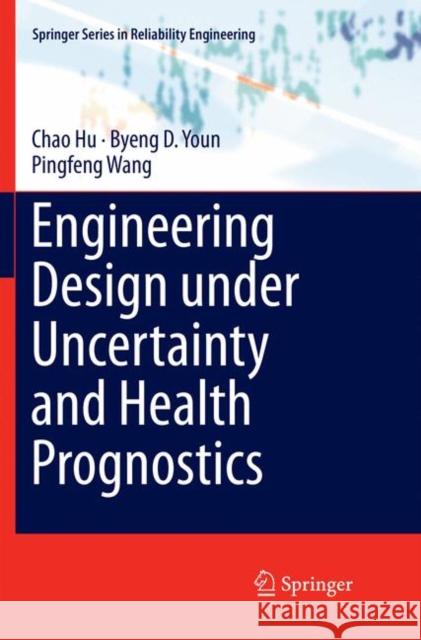Engineering Design Under Uncertainty and Health Prognostics » książka
topmenu
Engineering Design Under Uncertainty and Health Prognostics
ISBN-13: 9783030064648 / Angielski / Miękka / 2018 / 342 str.
Kategorie:
Kategorie BISAC:
Wydawca:
Springer
Seria wydawnicza:
Język:
Angielski
ISBN-13:
9783030064648
Rok wydania:
2018
Wydanie:
Softcover Repri
Numer serii:
000904326
Ilość stron:
342
Waga:
0.50 kg
Wymiary:
23.39 x 15.6 x 1.88
Oprawa:
Miękka
Wolumenów:
01
Dodatkowe informacje:
Wydanie ilustrowane











